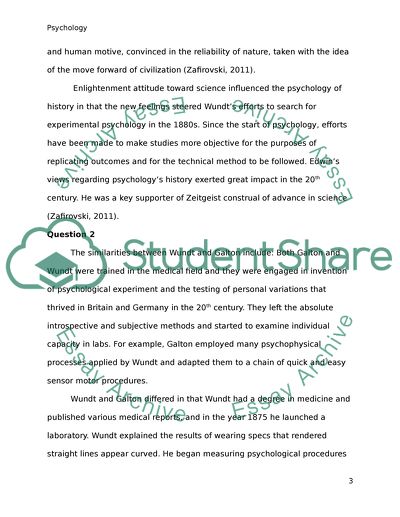Cite this document
(“Psychology Coursework Example | Topics and Well Written Essays - 3000 words”, n.d.)
Retrieved from https://studentshare.org/psychology/1403951-various-questions
Retrieved from https://studentshare.org/psychology/1403951-various-questions
(Psychology Coursework Example | Topics and Well Written Essays - 3000 Words)
https://studentshare.org/psychology/1403951-various-questions.
https://studentshare.org/psychology/1403951-various-questions.
“Psychology Coursework Example | Topics and Well Written Essays - 3000 Words”, n.d. https://studentshare.org/psychology/1403951-various-questions.


